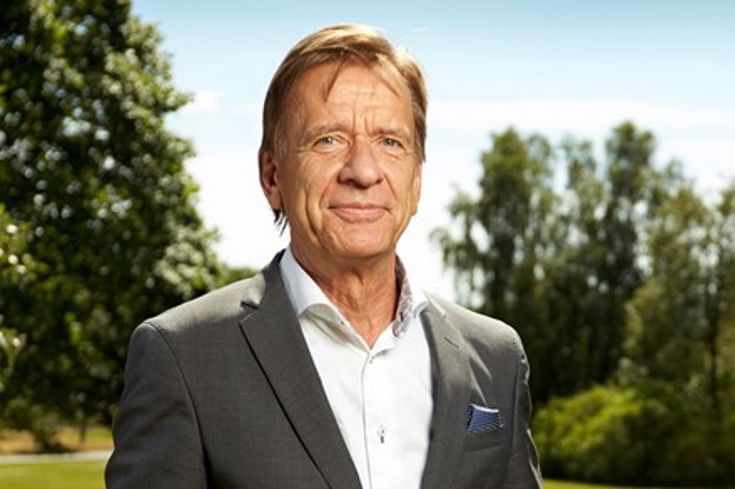Volvo Cars hopeful of recovery in H2 2020
Volvo Cars’ global sales during the first six months of 2020 fell by 20.8 percent to 269,962 cars.
Volvo Cars’ results for the first half of 2020 sees the impact of the coronavirus pandemic and its effect on the global economy. The company is however hopeful about its business recovering in the second half of the year, as car markets normalise.
The company revenue fell by 14.1 per cent in H1 to $ 11.47 billion (H1 2019: $13,340 billion). The H1 2020 net income slumped 134 percent to –$120.09 million (H1 2019: $348.48 million)
Volvo Cars’ global sales during the first six months of 2020 fell by 20.8 percent to 269,962 cars (H1 2019: 340,826 units) as stay-at-home orders in key markets and other restrictions on movement affected economic activity and showroom traffic. While sales fell in absolute numbers, Volvo Cars took market share in China, the US and Europe, where Germany was among the strongest performing markets. Sales growth in China in the second quarter made up much of the ground lost in the first quarter. The US also returned to growth in June, although sales fell by 13.7 percent year-on-year in the first half, while sales in Europe were 29.5 percent lower during the six-month period.

Hakan Samuelsson, chief executive, Volvo Cars said, “The downturn we saw in the first half is a temporary one. We expect to see a strong recovery in the second half of the year and our Recharge range of electrified cars puts us in a strong position to meet the emerging trends we are seeing.”
Speaking about Volvo Cars reaction to the challenges due to the pandemic, Samuelsson added that, “This pandemic has strengthened our confidence that our strategic ambitions are the right ones and that an accelerated transformation of our business will lead to long-term growth. We will continue to focus on and invest in electrification, online sales and connectivity. If the market recovers as we expect, we anticipate sales volumes to return to the levels we saw in the second half of 2019 and it is our ambition return to similar profit levels and cash flow.”
With the exception of the Charleston plant, the recovery has allowed for production to resume in all factories.
RELATED ARTICLES
Sept 2024 From R&D incentives to EV infrastructure: What auto components industry expects from Budget 2024
Sept 2024 From R&D incentives to EV infrastructure: What auto components industry expects from Budget 2024
US car majors hit the brakes on driverless cars
Ford Motor and Volkswagen to close self-driving startup Argo AI, due to lack of technology and clear regulations.
Autoliv and Geely to develop advanced safety tech for future vehicles
Scope of cooperation includes safety for high-level autonomous driving, intelligent steering wheel technology, a 360deg ...






 By Autocar Pro News Desk
By Autocar Pro News Desk
 21 Jul 2020
21 Jul 2020
 5042 Views
5042 Views









